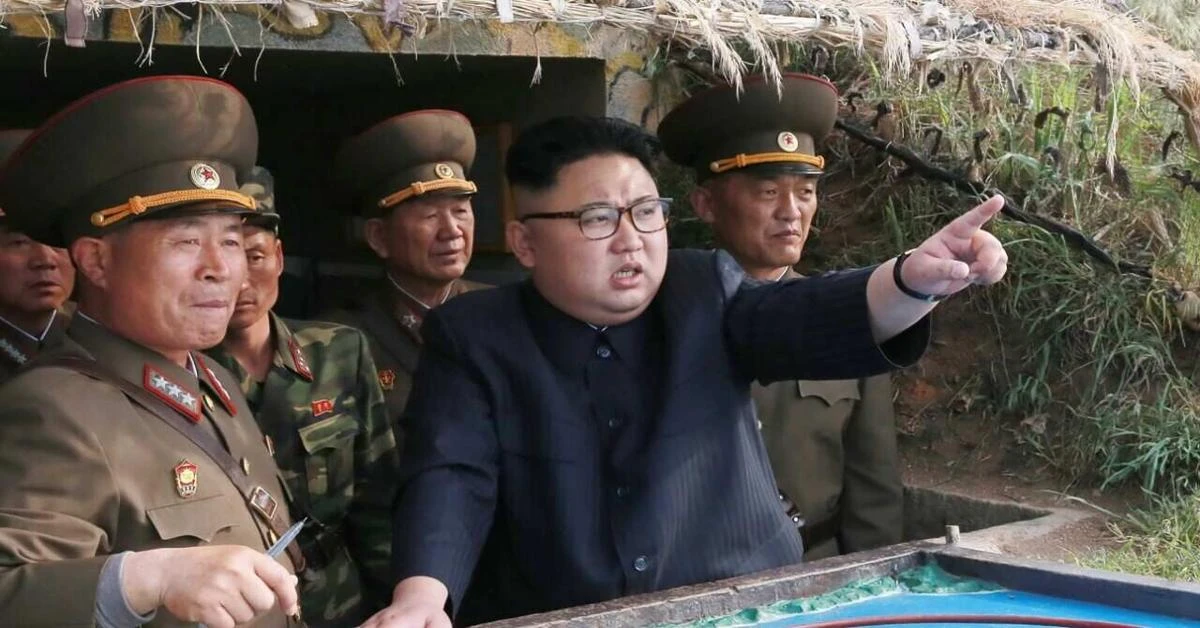‘N. Korea could destroy South when triggered,’ Kim Jong Un says

Kim Jong Un’s rejection of diplomacy with South Korea escalates tensions, cutting ties and increasing military threats
North Korean leader Kim Jong Un has firmly dismissed the prospect of diplomacy with South Korea, intensifying military threats and cutting diplomatic ties.
During a Defense Ministry event, Kim said his recent moves to cut ties with South Korea would allow his military to take on a more aggressive posture “by securing lawfulness to strike and destroy the South whenever triggered.”
This statement coincides with the 76th anniversary of the North Korean Army’s founding, and Kim’s statements reflect a shift from the long-standing goal of peaceful unification to viewing South Korea as a primary enemy.
The U.S., South Korea, and Japan have ramped up their joint military exercises in response to these threats. South Korean President Yoon Suk-yeol criticized Kim’s government as “irrational,” highlighting the strain these actions place on North Korea’s already fragile economy.
“We need to keep that in mind as we prepare to counter their security threats or provocations, preparing not just for actions based on rational judgments but also actions based on irrational conclusions,” Yoon said.
North Korea’s recent actions include scrapping economic cooperation agreements with South Korea and declaring the legality of an attack on the South. This includes the cessation of operations at the symbolic Mount Kumgang tourism project and the Kaesong industrial zone.
The heightened tensions follow Kim’s recent declaration to rewrite North Korea’s constitution, entrenching South Korea as its foremost adversary. These moves reflect a significant departure from previous efforts at engagement and cooperation.
Analysts suggest that Kim’s aggressive stance may be aimed at diminishing Seoul’s influence in the Korean Peninsula and pushing for direct negotiations with Washington, as reported by ABC. Additionally, there is speculation about Kim’s domestic motivations, including reinforcing North Korea’s national identity and prolonging dynastic rule.
Source: Newsroom



